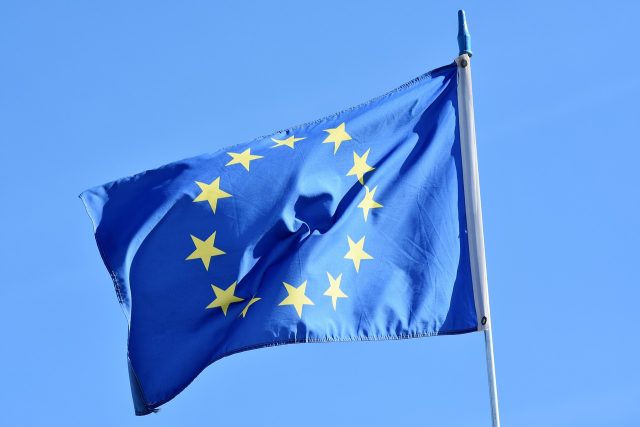Immigration is among the main topics that will shape the electoral game of the upcoming European elections in June. Divergent positions and visions within the European Parliament have long clashed on how to address a problematic issue that jeopardizes the security of the Old Continent.
For this reason, a survey has been conducted to delve deeper into the preferences of European citizens who will soon be called to the polls. Should the European Commission take charge? How much decision-making power should be directly held by the member states? What position would European right-wing voters want their representatives to take within the institutions? These questions form the basis of the survey. Interviews were conducted with residents from across the European Union, distributed proportionally to the population of the 27 EU countries with a slight correction that allows for data analysis on a pan-European level and in 5 different areas: Germany, France, Eastern Europe, Northern Europe, Southern Europe.
A clear division is evident from the outset regarding who should be responsible for immigration control policies. 41% of respondents would prefer the European Commission to handle it, while 40% favor member states taking charge. The remaining 19% are undecided. Among ECR voters, there is a preference for member state authorities, with 58% choosing them compared to 33% who prefer the European Commission. The view of the left is diametrically opposed. 63% of Socialist and Democratic (S&D) voters believe the decision should rest with the European Commission, with similar percentages among Green Party voters at 58%. The Identity and Democracy (ID) group’s voters are more aligned with ECR, as 64% of them believe in the strength of member states.
A geographical distinction is also noticeable. Among the surveyed samples, Italians and Spaniards rely more on the European Commission, while member states are preferred in Eastern countries and France.
The vast majority of ECR and ID party voters want greater powers to be returned to national governments. In both cases, the percentage exceeds 60%. Surprisingly, the position of European People’s Party (EPP) voters is evenly split between those who want more powers for the EU (32%), those who want more powers for member states (33%), those who are content with the current situation (23%), and those who are undecided (12%). This trend appears particularly strong in Eastern Europe. This response is not new for ECR, however, as since Giorgia Meloni became the president of European conservatives, there has been a strong demand for the European Union not to be “a bureaucratic giant and a political dwarf” but “a political giant and a bureaucratic dwarf.” The need is clear: the European Union must focus on a few but important issues, especially in this historical period where everything seems more complicated and on the brink of implosion, given the conflicts scattered across the world. These conflicts could be particularly detrimental to the issue of immigration in Europe.
However, there is not excellent news regarding the preferred coalition that should populate and govern the European Parliament from next June. The coalition between Socialists and Democrats, the People’s Party, and Renew has garnered 40% favor from the respondents. The survey findings indicate a particular favor in Southern Europe. A lower percentage, however, is for a possible center-right coalition formed by the People’s Party, Conservative Party, and the Identity and Democracy party, which stops at 28%. Yet, a noteworthy figure is the 32% of respondents who claim not to know what they would prefer. Therefore, work must continue to convince of the merits of the ideas of a possible center-right coalition that would truly be able to change things positively within a machine that has long stalled in productivity. It’s time to set off again to make our Europe great, and we must do it before it’s too late.
